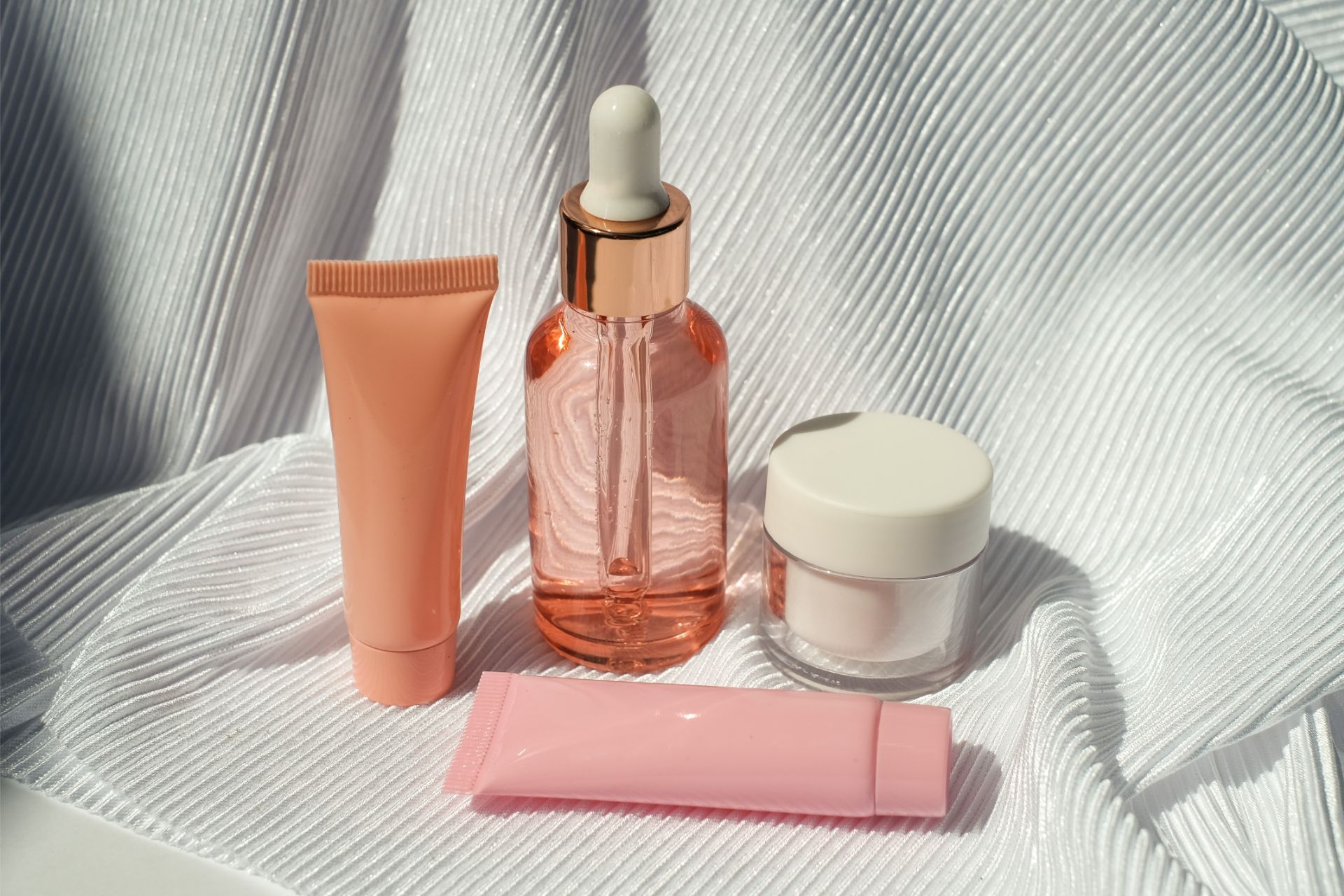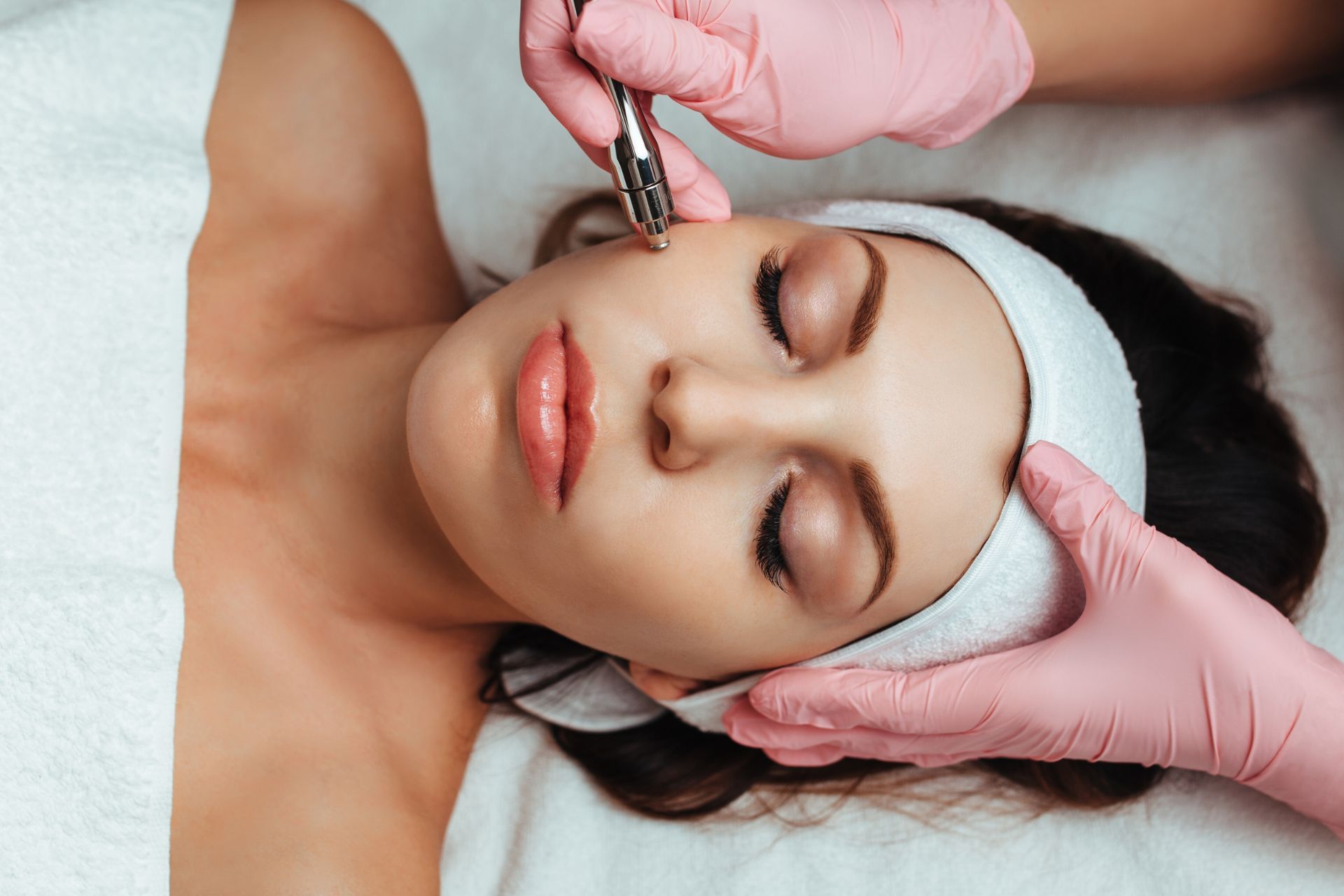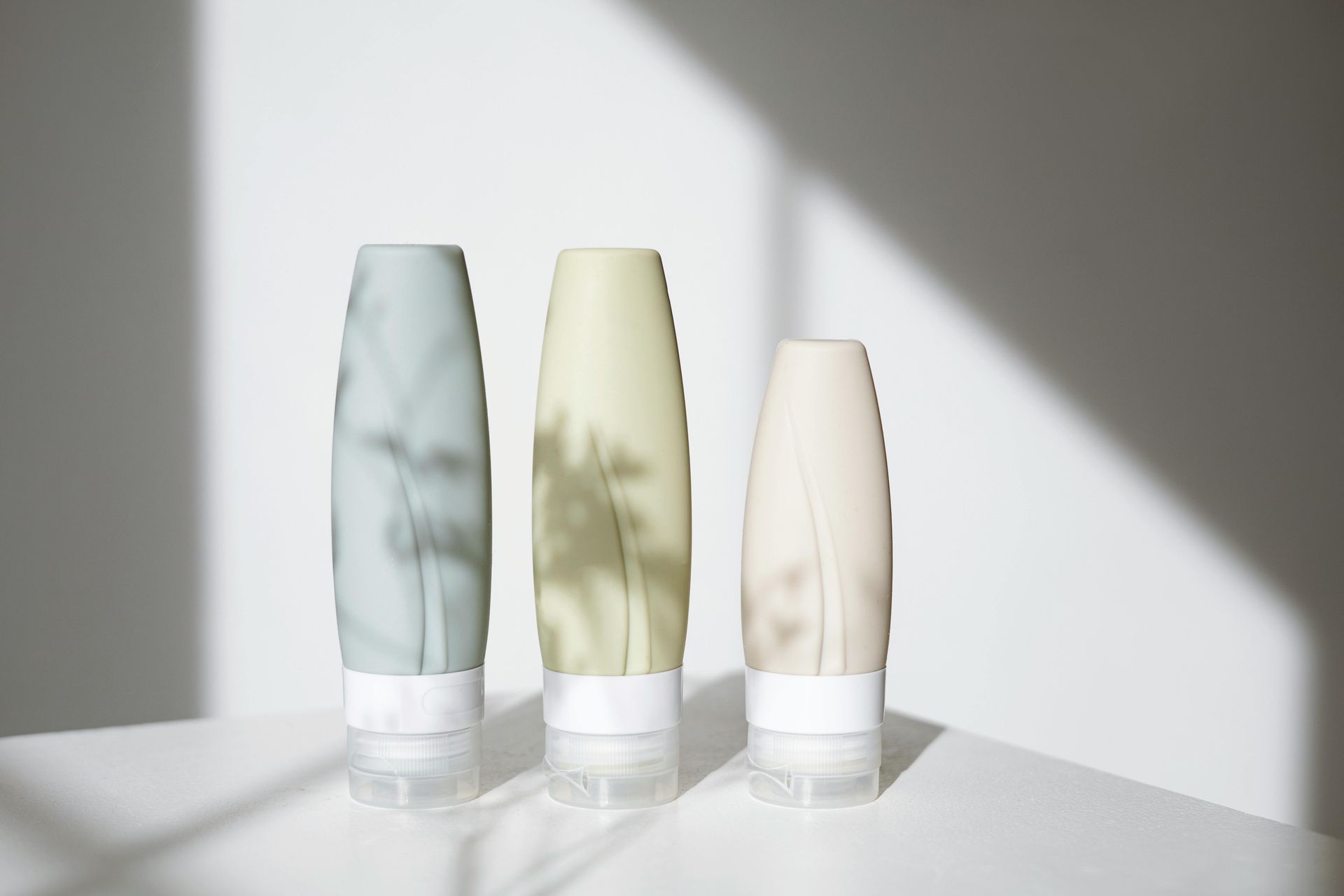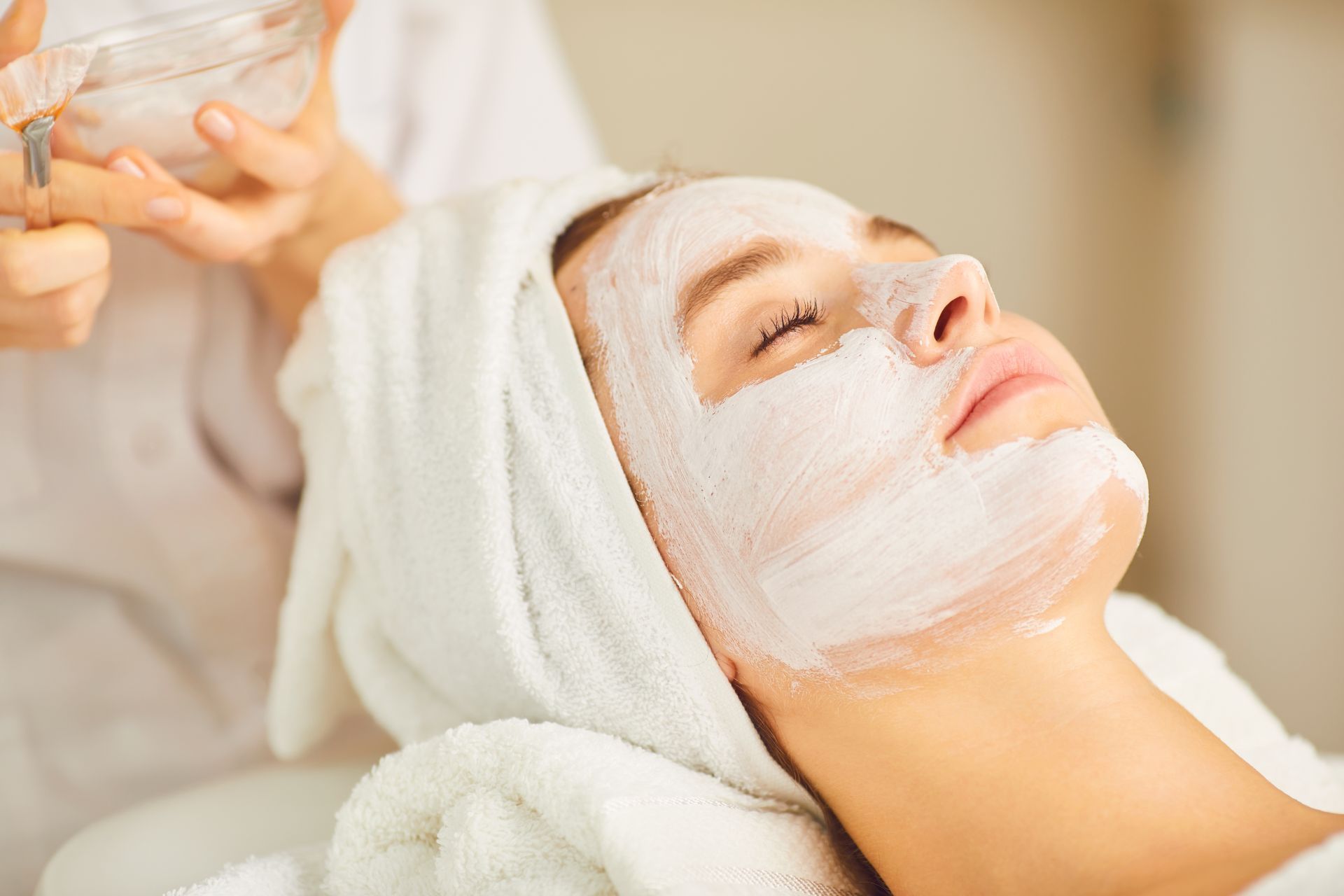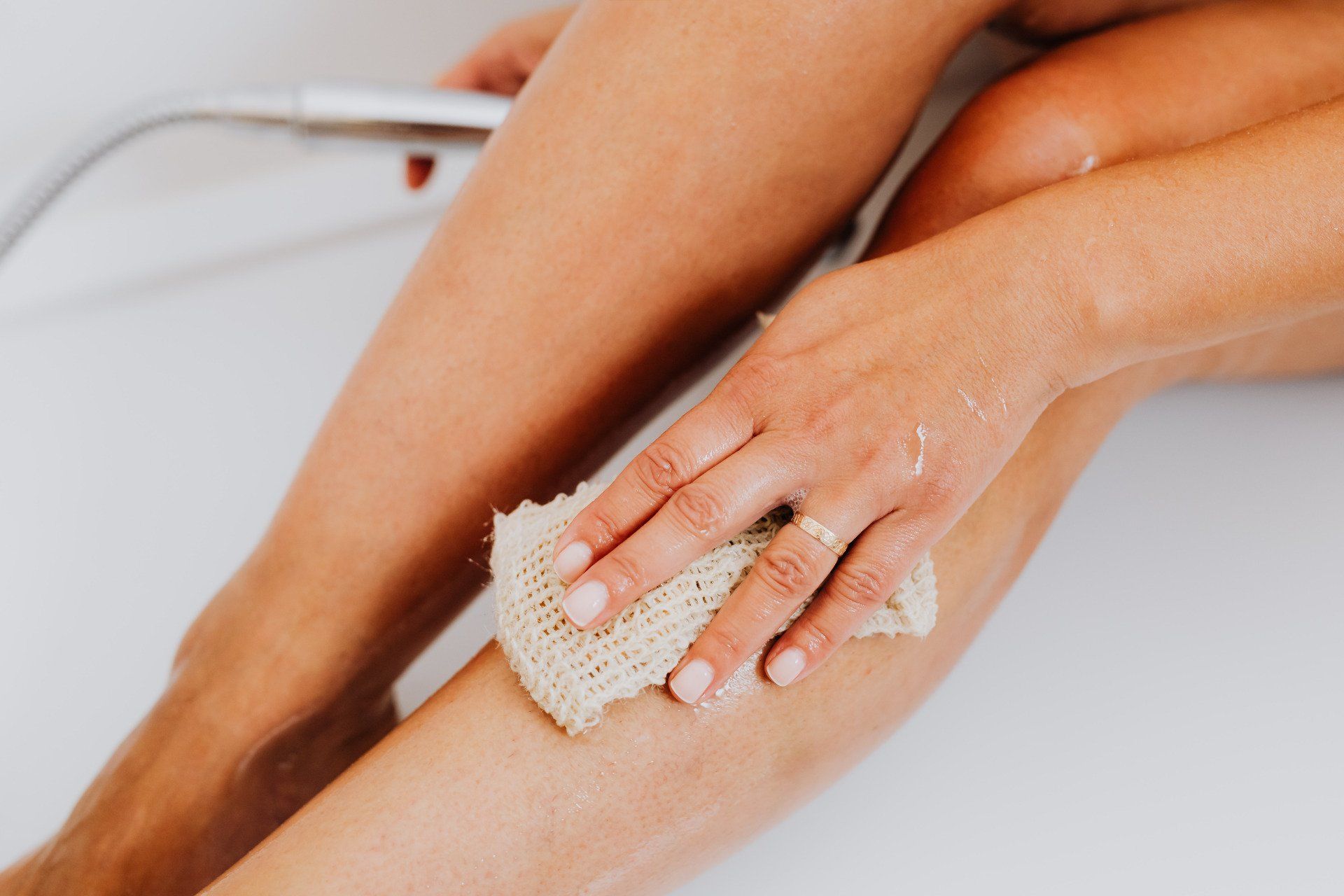The Power of Peptides in Skincare: Benefits, Science, and Why You Should Use Them
In the ever-evolving world of skincare, peptides have emerged as one of the most buzzworthy ingredients, promising a host of benefits for our skin. But what exactly are peptides, how do they work, and why should you consider incorporating them into your skincare routine? Let’s dive into the science and reasoning behind these powerful molecules and their transformative effects on your skin.
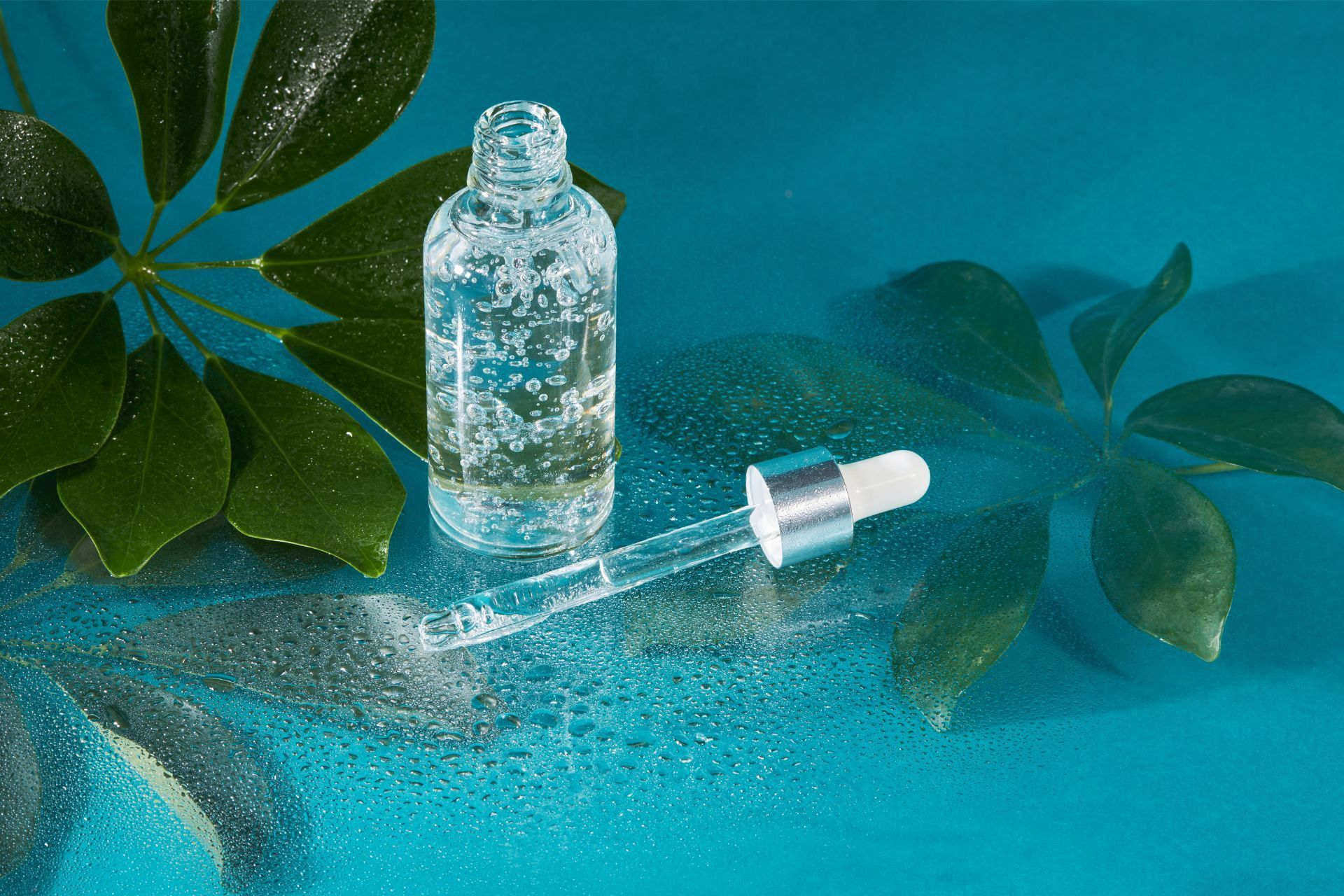
What Are Peptides?
Peptides are short chains of amino acids, which are the building blocks of proteins. In skincare, peptides are fundamental in supporting the skin's structure and function. They can be found naturally in the skin, but their levels diminish with age, leading to a range of skin concerns, from wrinkles to loss of elasticity.
The Science Behind Peptides
Peptides act as signaling molecules in the skin, sending messages to stimulate various processes. Here’s how they work:
- Collagen Production: Certain peptides, like palmitoyl pentapeptide, stimulate collagen production. Collagen is vital for maintaining skin elasticity and firmness. Increased collagen production can help reduce the appearance of fine lines and wrinkles.
- Skin Barrier Function: Peptides can enhance the skin barrier by promoting the production of ceramides and other lipids, which are essential for retaining moisture and protecting against environmental factors.
- Anti-Inflammatory Properties: Many peptides have anti-inflammatory effects, helping to soothe irritated skin and reduce redness, making them particularly beneficial for people with sensitive or acne-prone skin.
- Wound Healing: Some peptides speed up skin repair processes, aiding in the healing of blemishes and other skin injuries. Peptides also promote a more even skin tone!
Benefits of Peptides in Skincare
- Youthful Appearance: By boosting collagen production and skin elasticity, peptides can help create a firmer, more youthful complexion.
- Hydration: By improving the skin barrier function, peptides help lock in moisture, leading to hydrated, plump skin.
- Reduced Signs of Aging: Regular use of peptide products can lead to a reduction in fine lines and wrinkles, enhancing your overall skin texture.
- Soothing Effects: Peptides can calm irritated skin, making them a great option for those with rosacea or other inflammatory conditions.
Why You Should Use Peptides
- Compatibility: Peptides are gentle and can be incorporated into almost any skincare routine. They work well with various other active ingredients, such as hyaluronic acid, retinoids, and antioxidants.
- Evidence-Based: Scientific studies back the efficacy of peptides, providing compelling reasons to include them in your regimen. Research consistently shows their role in enhancing skin health and appearance.
- Age-Defying Properties: If you’re looking to combat signs of aging, peptides can be a game-changer. They target existing issues and help prevent future damage by supporting skin structure and function.
How to Incorporate Peptides into Your Routine
Adding peptides to your skincare routine is simple. Look for serums, creams, or masks that list peptides among their key ingredients. Here are some tips:
- Layering: Apply peptide products after cleansing and toning but before heavier creams or oils to maximize absorption.
- Consistency is Key: For the best results, use peptide products regularly, ideally twice a day, to allow the ingredients to work effectively.
- Patch Test: If you’re new to peptides, consider doing a patch test to ensure compatibility with your skin type.
Conclusion
Peptides are not just a passing trend; they are a scientifically backed ingredient with a wide range of benefits for skin health. By incorporating peptides into your skincare routine, you can help boost collagen production, enhance hydration, and improve your skin’s overall appearance. So, if you’re looking for a powerful ally in your quest for radiant, youthful skin, peptides might be the answer you’ve been searching for! Your skin will thank you!
ADDRESS

OPENING HOURS
- Sun - Mon
- Closed
- Tue - Thu
- -
- Friday
- -
- Saturday
- Appointment Only
